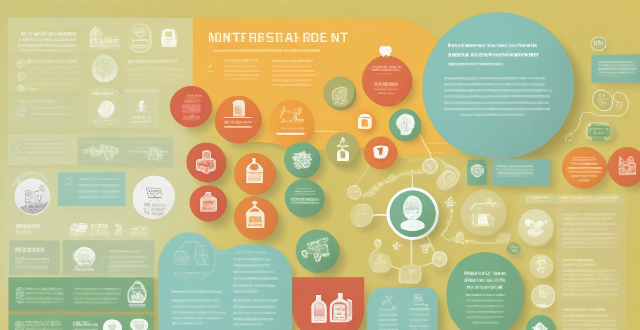The healthcare industry has seen significant advancements due to innovative applications of technology. Telemedicine allows patients remote access to care, reducing travel time and increasing efficiency. Wearable devices track health metrics, promoting healthy habits. AI and machine learning analyze medical data for accurate diagnoses and personalized treatments. Robotic surgery systems enhance precision in minimally invasive procedures. Blockchain technology secures sensitive medical data sharing among providers.

The Most Innovative Applications of Technology in the Healthcare Industry
In recent years, technology has revolutionized the healthcare industry, leading to improved patient outcomes and more efficient processes. Here are some of the most innovative applications of technology in this field:
Telemedicine
Telemedicine, also known as telehealth or remote care, allows patients to connect with healthcare professionals from anywhere using video conferencing tools, mobile devices, and other digital communication platforms. This technology has become increasingly popular during the COVID-19 pandemic, enabling patients to receive consultations without leaving their homes.
1. Benefits:
* Reduced travel time and costs for patients
* Improved access to specialized care for those in remote areas
* Increased efficiency for healthcare providers by reducing no-show rates and increasing appointment availability
Wearable Devices
Wearable devices such as fitness trackers, smartwatches, and health monitors have made it easier for individuals to track their health metrics and maintain a healthy lifestyle. These devices can monitor heart rate, sleep patterns, physical activity levels, and even blood pressure.
1. Benefites:
* Personalized health data that can help identify potential health issues early on
* Encouragement of healthy habits through goal setting and tracking progress
* Real-time feedback on exercise performance and recovery times
Artificial Intelligence (AI) and Machine Learning
AI and machine learning algorithms are being used to analyze vast amounts of medical data, including electronic health records (EHRs), imaging scans, genomics information, and clinical trial results. This analysis helps doctors make more accurate diagnoses and develop personalized treatment plans for patients.
1. Benefits:
* Faster diagnosis and treatment decisions based on large datasets
* Predictive analytics to identify high-risk patients and intervene before serious health issues arise
* Improved drug discovery processes through better understanding of disease mechanisms and patient responses to treatments
Robotics in Surgery
Robotic surgery systems, such as the da Vinci Surgical System, enable surgeons to perform minimally invasive procedures with enhanced precision, stability, and control. These systems consist of a console where the surgeon operates and an arm attached to surgical instruments that mimic the surgeon's movements inside the patient's body.
1. Benefits:
* Smaller incisions and less trauma to surrounding tissues
* Shorter hospital stays and faster recovery times for patients
* Improved accuracy and reduced risk of complications due to precise instrument manipulation by the robotic system
Blockchain in Healthcare
Blockchain technology offers a secure and decentralized way to store and share sensitive medical data while maintaining privacy and confidentiality. By creating an immutable ledger of patient information, blockchain can facilitate seamless data exchange between healthcare providers without compromising security.
1. Benefits:
* Enhanced data security through cryptographic methods and distributed storage
* Streamlined data sharing among multiple stakeholders involved in patient care
* Potential reduction in fraudulent activities and errors related to incorrect or duplicate medical records